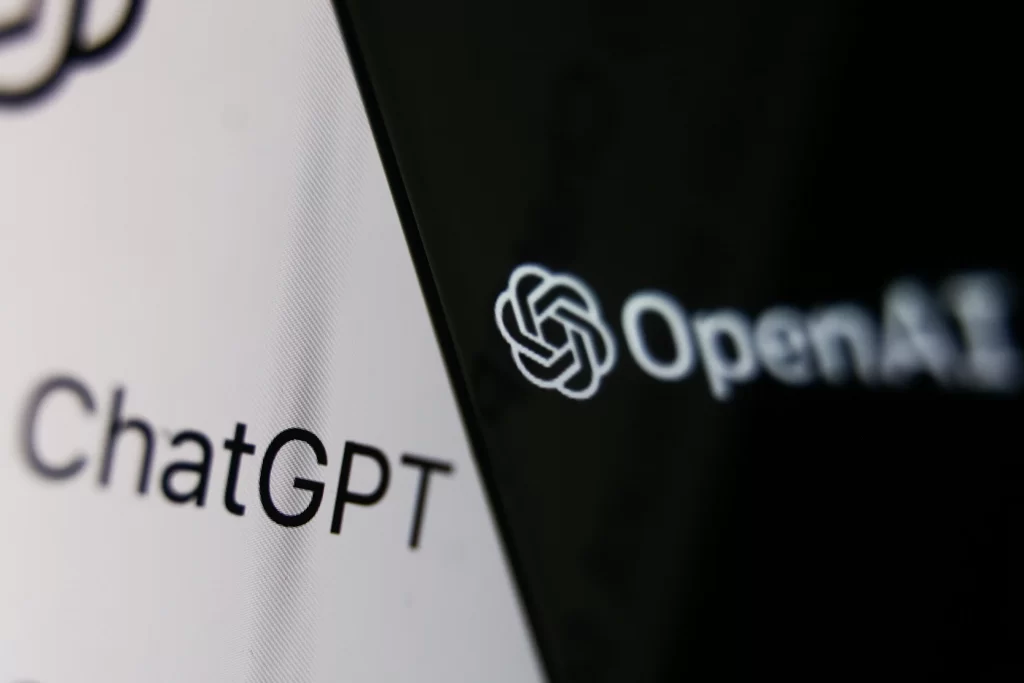ChatGPT, the powerful language model developed by OpenAI, is transforming the writing capabilities of professionals in the workplace. Since its release in November of last year, ChatGPT has been eagerly adopted by individuals across various industries to enhance their writing skills, whether it be crafting marketing materials, composing emails, or creating reports.
A recent study conducted by two MIT economics graduate students, Shakked Noy and Whitney Zhang, sheds light on the impact of ChatGPT in reducing disparities in writing proficiency among employees. The researchers recruited 453 professionals, including marketers, data analysts, and college-educated individuals, and assigned them two job-related tasks. Half of the participants were given the option to utilize ChatGPT for their second task.
To assess the quality of the work produced, a separate group of professionals within the same fields evaluated and graded the writing on a scale of 1 to 7. The results were remarkable. Participants who opted to use ChatGPT completed their tasks 40% faster and received assessments scoring 18% higher in quality compared to those who did not utilize the AI tool. Skilled writers were able to expedite their work, while those considered weaker writers exhibited notable improvements in their output when using ChatGPT.
Noy, the lead author of the research, emphasizes that ChatGPT excels in generating written content and automating parts of the writing process, ultimately saving significant time. He predicts that the widespread adoption of ChatGPT will significantly impact the structure of white-collar work.
However, it is crucial to recognize that generative AI models like ChatGPT are not infallible. These models can inadvertently present false information as accurate, introducing potential errors. One recent case involved a lawyer who was fined for using ChatGPT to generate a legal brief containing false judicial opinions and citations, highlighting the risks associated with relying solely on AI-generated content.
Nonetheless, the study suggests that AI can serve as a valuable virtual assistant in the workplace. Riku Arakawa, a researcher at Carnegie Mellon University who specializes in workers’ use of language models, remarks on the positive outcomes of human-AI cooperation. When individuals leverage AI to refine their output, they can produce higher-quality content.
We live in a time when robotic systems are becoming commonplace. We must keep our heads about us and find a happy medium between leveraging these tools to increase efficiency, and double-checking that the results are accurate. Done right, AI models like ChatGPT could drastically alter the way we work together, giving us an opportunity to become better writers and never miss a beat.

